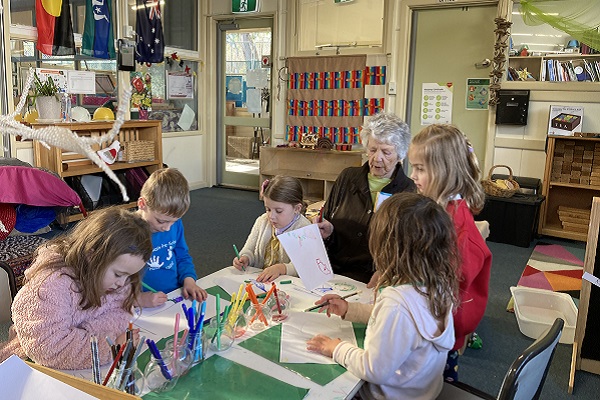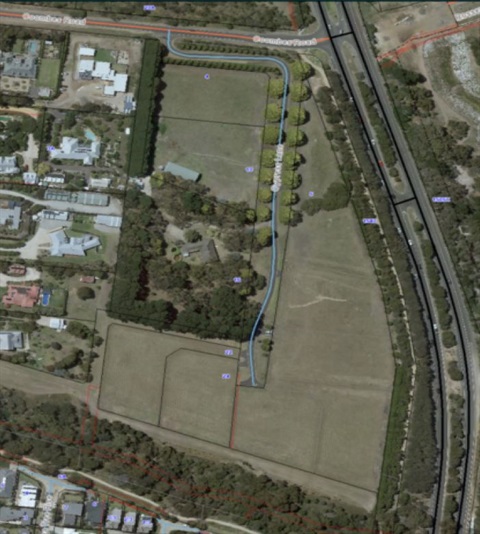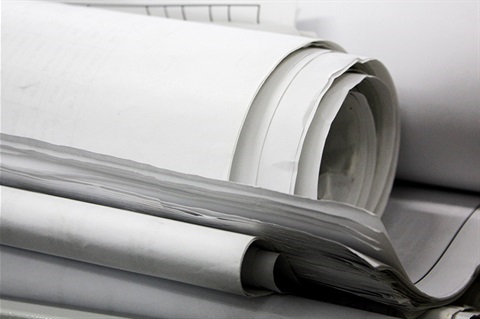With devastating fires still burning across many parts of our country, governments both federal and state are doing all they can to save lives and protect property.
The heroes in all this are our volunteer firefighters, emergency service personnel and members of the Australian Defence Force who have put their lives on the line to save others.
It will take time to rebuild and the affected communities will not be able to do it alone.
This is why yesterday the Morrison Government announced a $2 billion initial contribution to the new National Bushfire Recovery Fund. The fund will be administered by the new National Bushfire Recovery Agency under the leadership of former Australian Federal Police commissioner Andrew Colvin.
Based on the experience of a similar agency the government established in response to the North Queensland floods, expenditure could include restocking and replanting; additional support for farmers, businesses and local councils; environmental and wildlife restoration projects; economic and social infrastructure and mental health support.
Together with other initiatives the states will undertake, this $2 billion federal government commitment will help communities get back on their feet after the devastation of the fires, rebuilding lives and restoring livelihoods.
The government’s focus will be to get this money to affected communities as quickly as possible and, importantly, it is in addition to the various commonwealth disaster recovery payments and allowances made under existing mechanisms. For example, the commonwealth provides a non-means-tested disaster recovery payment of $1000 for eligible adults and $400 for eligible children as well as a short-term means-tested disaster recovery allowance for up to 13 weeks to provide income support.
Other commonwealth disaster recovery assistance which is currently provided and is additional to yesterday’s announcement includes funding for the restoration of essential public assets; grants, loans and interest rate subsidies to small business and primary producers and assistance payments to households for emergency accommodation and the cleanup, repair and rebuilding of homes.
The commonwealth has also offered the states non-means-tested payments of up to $6000 for each volunteer firefighter who has been called out for more than 10 days this season and who are self-employed or working for small and medium-sized businesses.
At this most difficult time, the last thing anyone affected by the fires should be concerned about is their tax affairs.
Accordingly, the ATO has instituted an automatic two month deferral of lodgement and payment obligations for those living in affected areas and is providing an emergency support hotline – 1800 806 218 – for those seeking more detail on the options available.
The effective response of insurers to this disaster will also be absolutely critical to the recovery. With almost 6000 claims totalling nearly $400 million in losses already lodged, the insurance industry has mobilised teams of assessors and recovery specialists with some already in affected areas. These assessors and specialists will help process claims as quickly as possible. Today I will be meet the Insurance Council, company CEOs, Treasury, APRA and ASIC to discuss the crisis and their response.
The banking sector also plays an important role in helping communities respond to the crisis with the Banking Association announcing its members will implement a range of measures, including deferring loan and interest repayments, offering additional finance to help deal with cashflow shortages and waiving fees and charges.
In addition to the financial support from the commonwealth, there is significant operational assistance being provided. This includes an unprecedented call-out of up to 3000 defence force reservists in addition to 2000 defence force personnel already engaged.
The Navy’s biggest vessel, HMAS Adelaide, has been deployed after HMAS Choules evacuated people from Mallacoota. Chinook and Blackhawk helicopters have joined Hercules, Globemasters, Spartan and fixed-wing aircraft ferrying firefighters and emergency service personnel to and from the most difficult terrain. Army medics and engineers are providing support on the ground.
The Prime Minister recently announced the leasing, at a cost of $20 million, of an additional four water bombing planes, two large fixed-wing DC-10s, with 36,000 litre capacity and two medium range large air tankers with 11,000 litres capacity.
This is in addition to the $25 million the commonwealth provides as an annual contribution to the national aerial firefighting centre.
We also have a range of commonwealth agencies such as Emergency Management Australia and the Bureau of Meteorology, which are embedded with state authorities in local control centres.
There are challenging times ahead as a result of these devastating bushfires but there is an enormous amount of goodwill across the community. By working together we can deliver the support needed and ensure they recover and rebuild for the future.
Originally published in The Herald Sun








